Archive
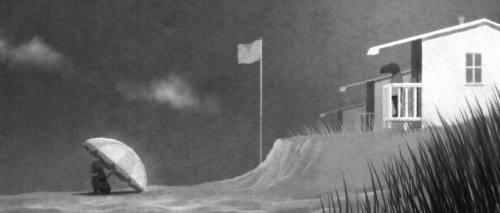
(Fool Time) Job
2018, France
17'
Color
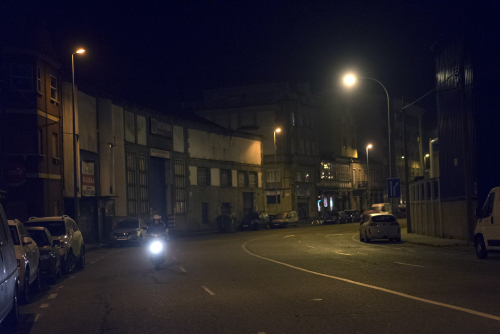
16 December
16 De Decembro
2019, Spain
15'
Color
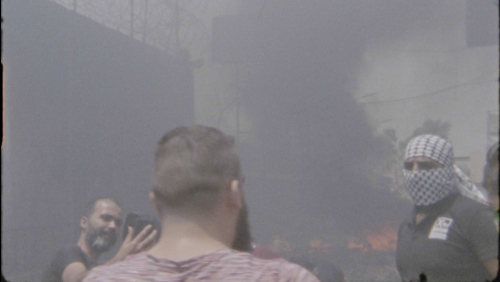
3 Logical Exits
2020, Denmark, Lebanon, United Kingdom
14'
Color
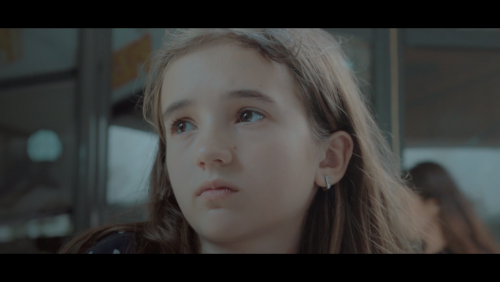
65 Roses
2019, North Macedonia
16'
Color
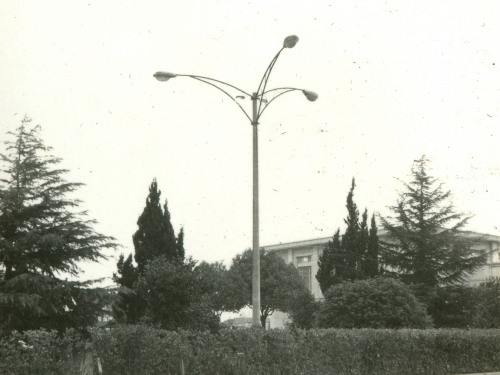
A Bright Summer Diary
公园日记
2020, United States, China
27'
Color
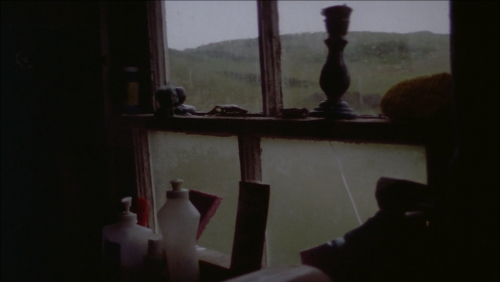
A Month of Single Frames
2019, United States
14'
Color
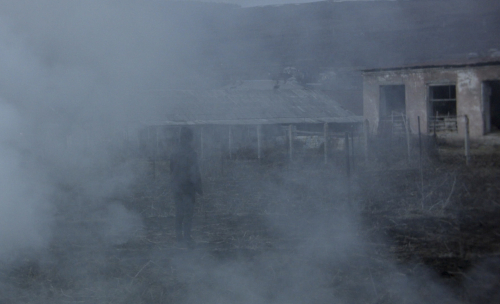
A Sister and a Brother
Da-Dzma
2019, Belgium
15'
Color
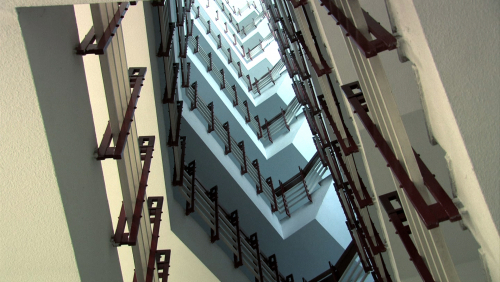
A Storm Was Coming
Anunciaron tormenta
2020, Spain
28'
Color
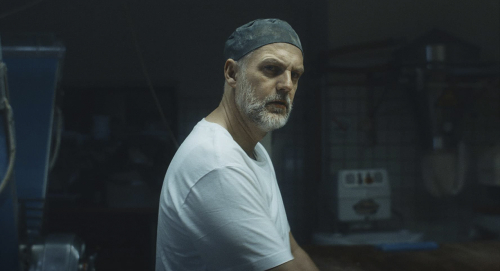
A Worthy Man
En Værdig Mand
2018, Denmark
19'
Color
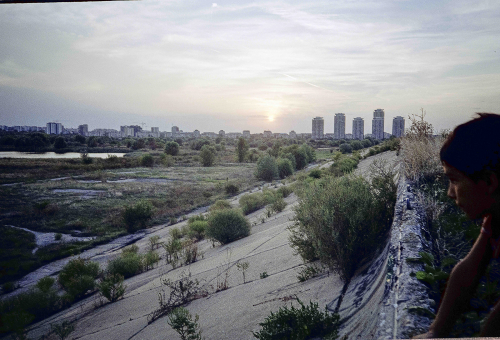
Acasă, My Home
2020, Romania, Germany, Finland
26'
Color

Adet
2020, Kosovo
5'
Color
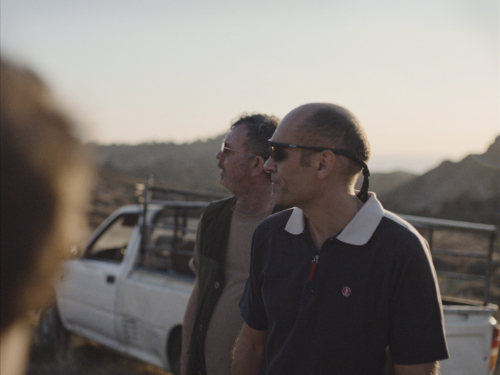
All the Fires the Fire
2019, Greece
24'
Color
